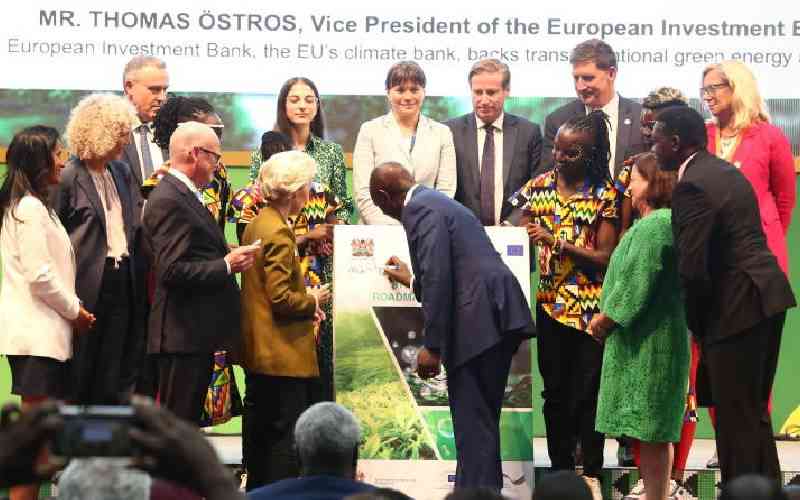×
The Standard e-Paper
Smart Minds Choose Us

African heads of state and government, in the presence of global leaders and high-level representatives, will Wednesday adopt a declaration that will chart a path for 1.2 billion people on the continent.
President William Ruto has expressed confidence that the Nairobi Declaration holds the potential to steer Africa towards a path of radical affirmative action in addressing the pressing issue of climate change.